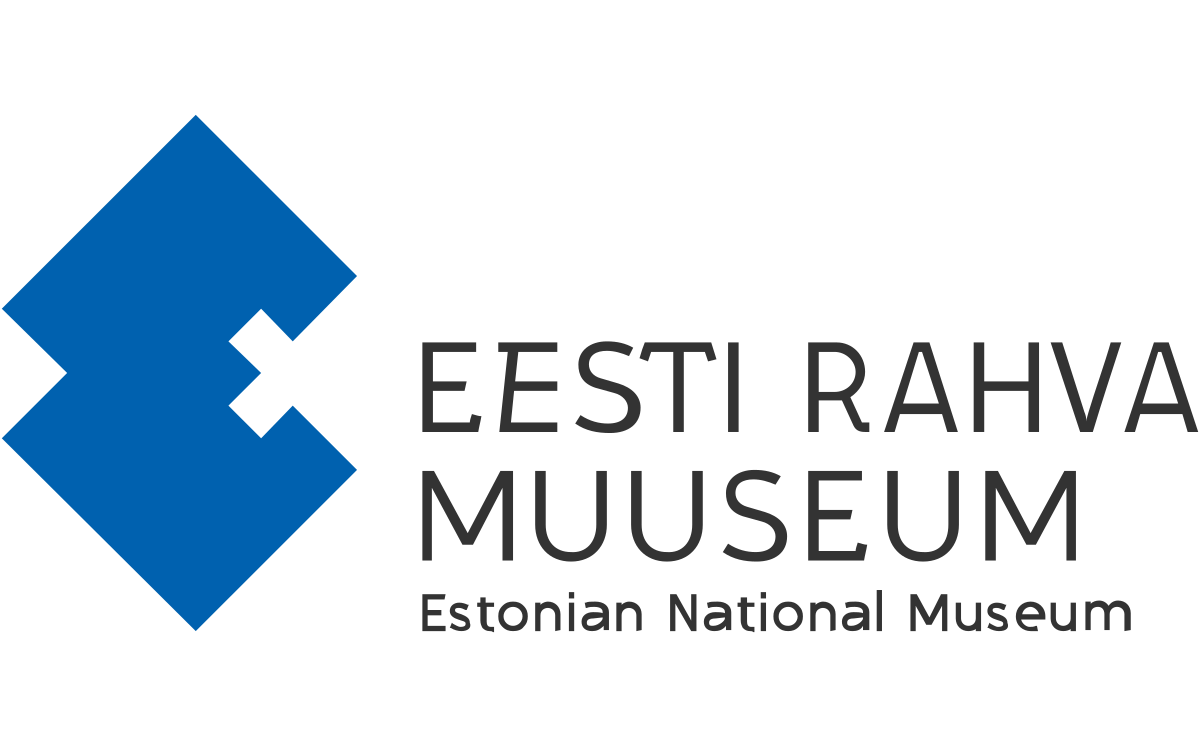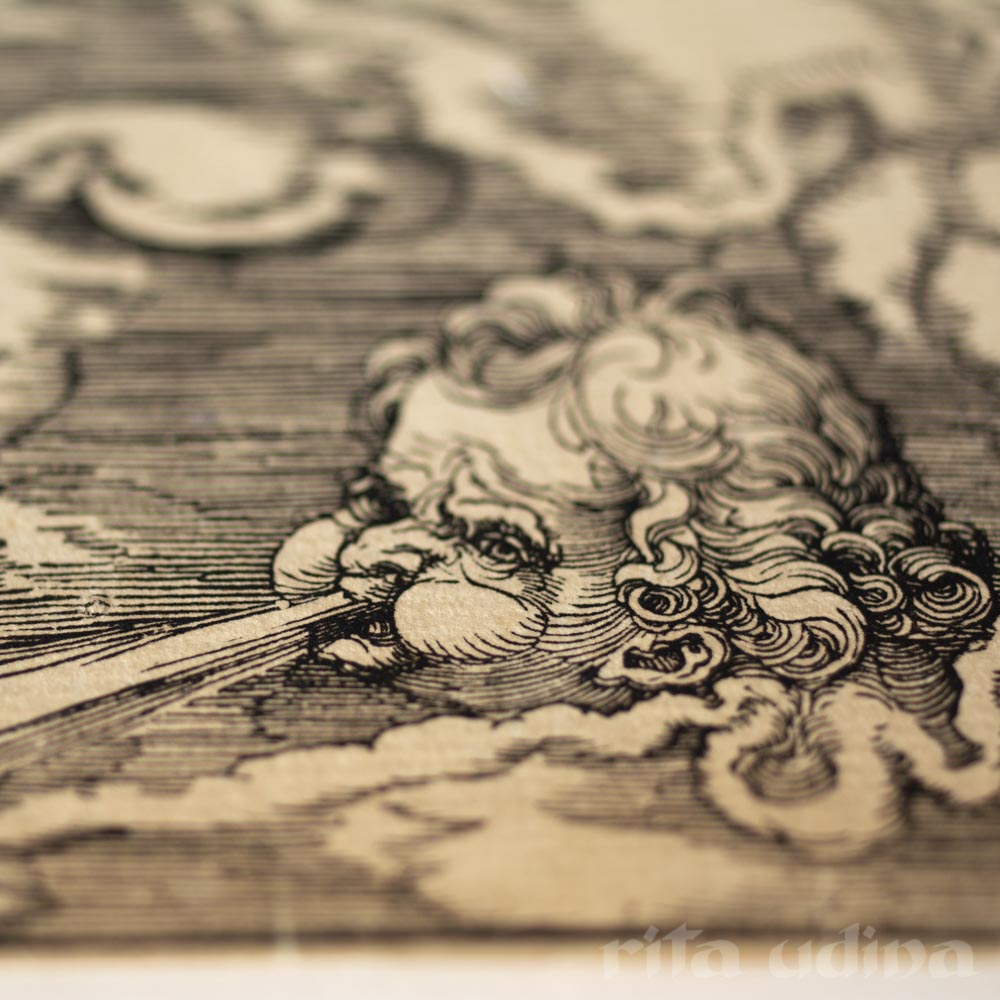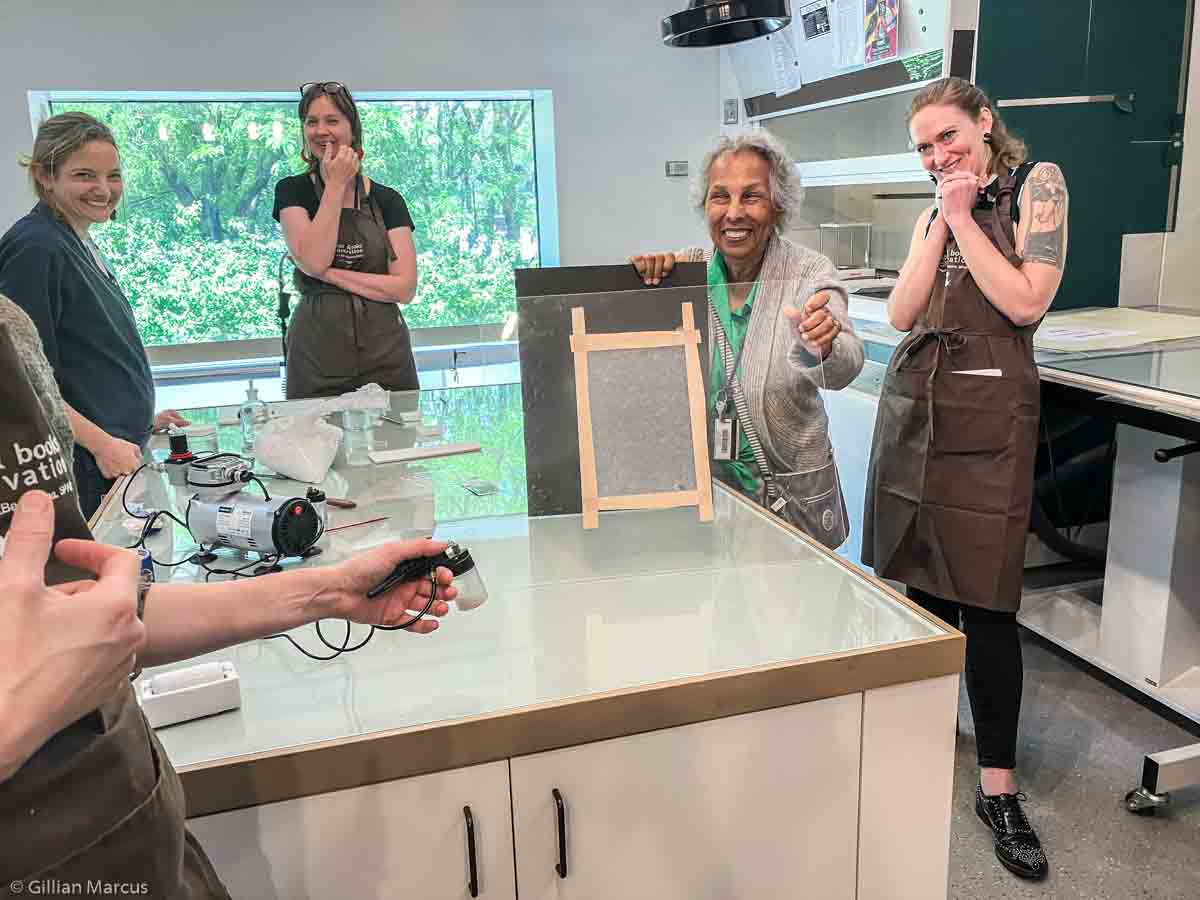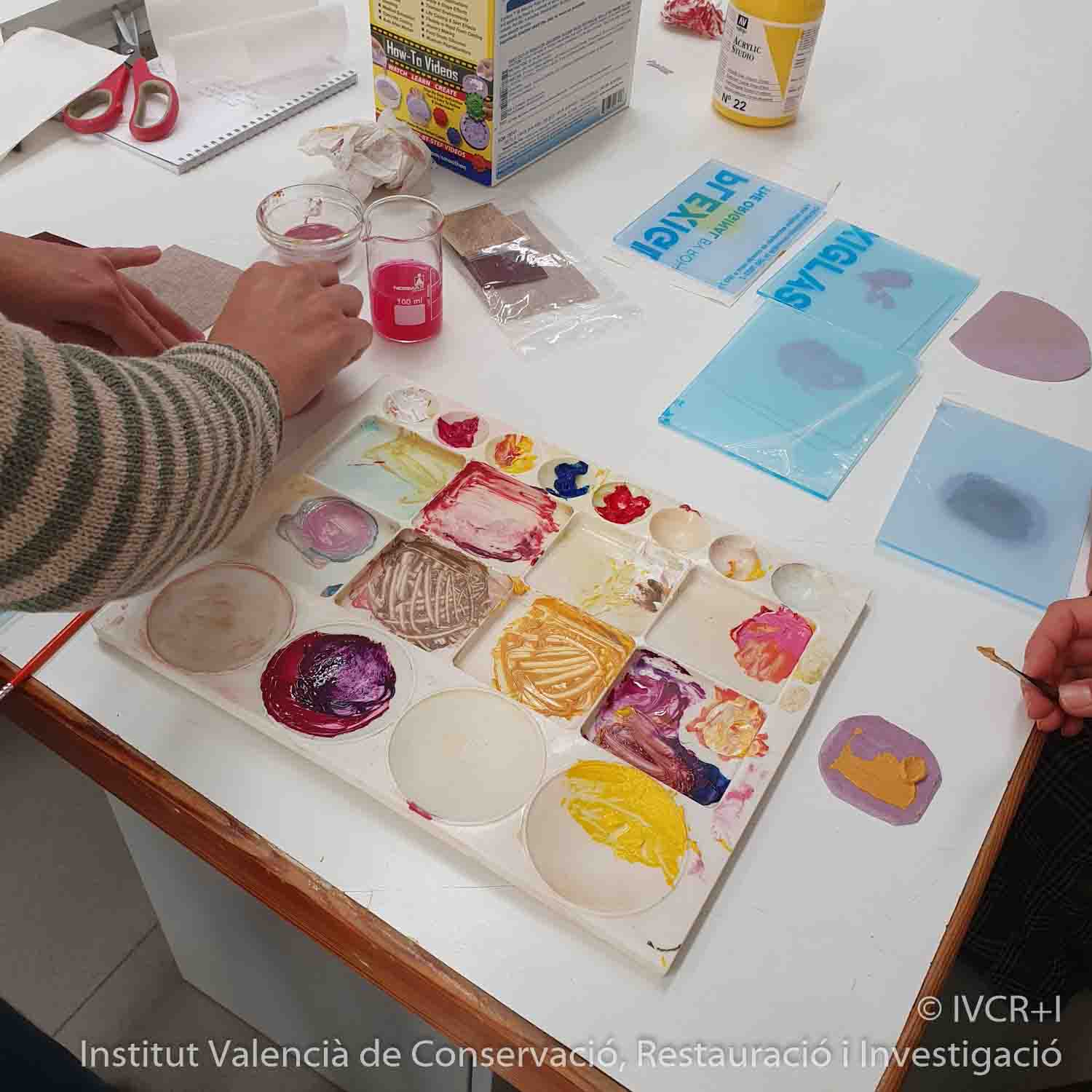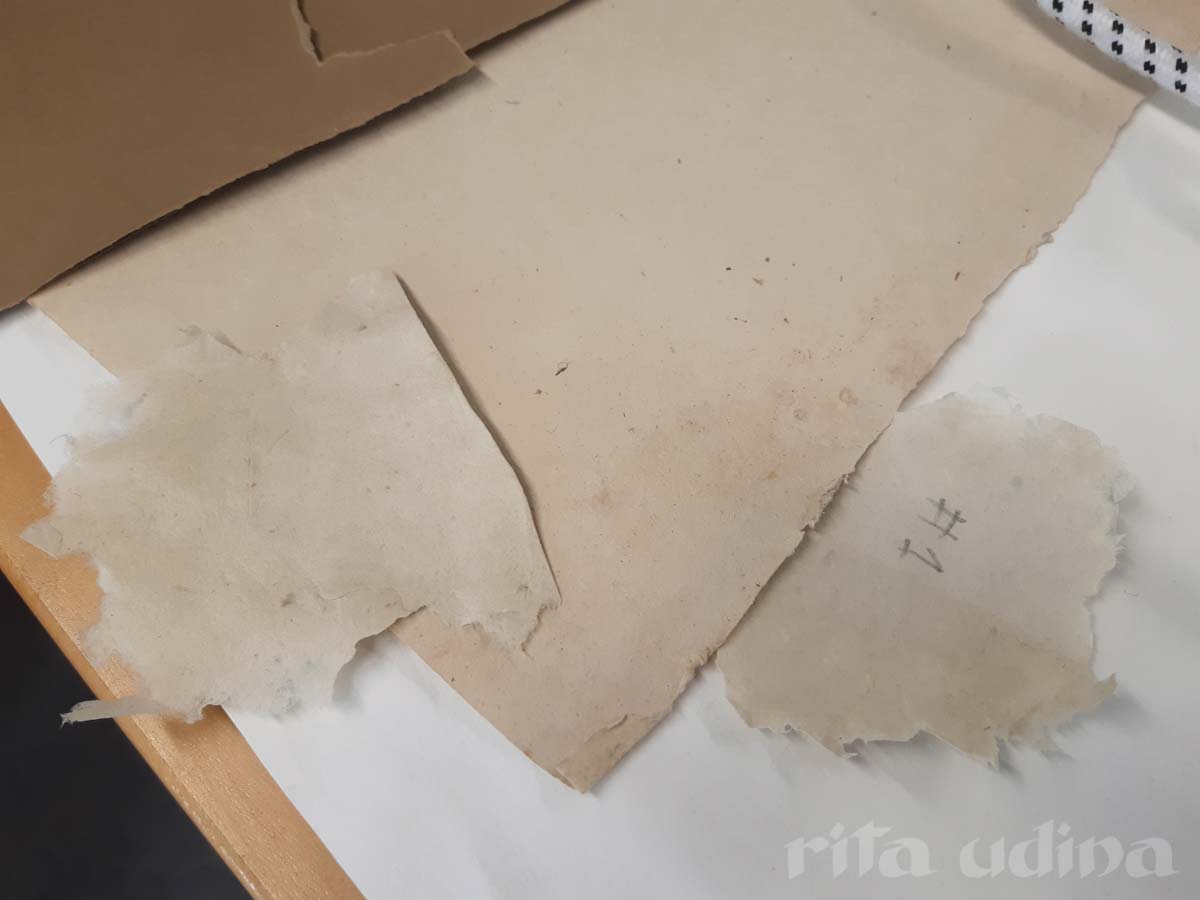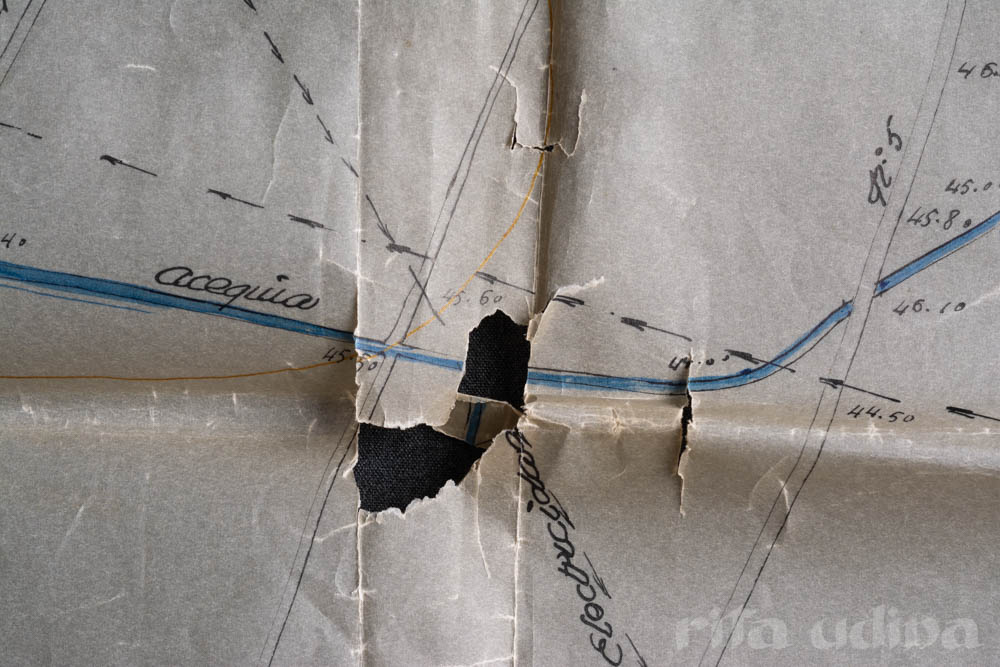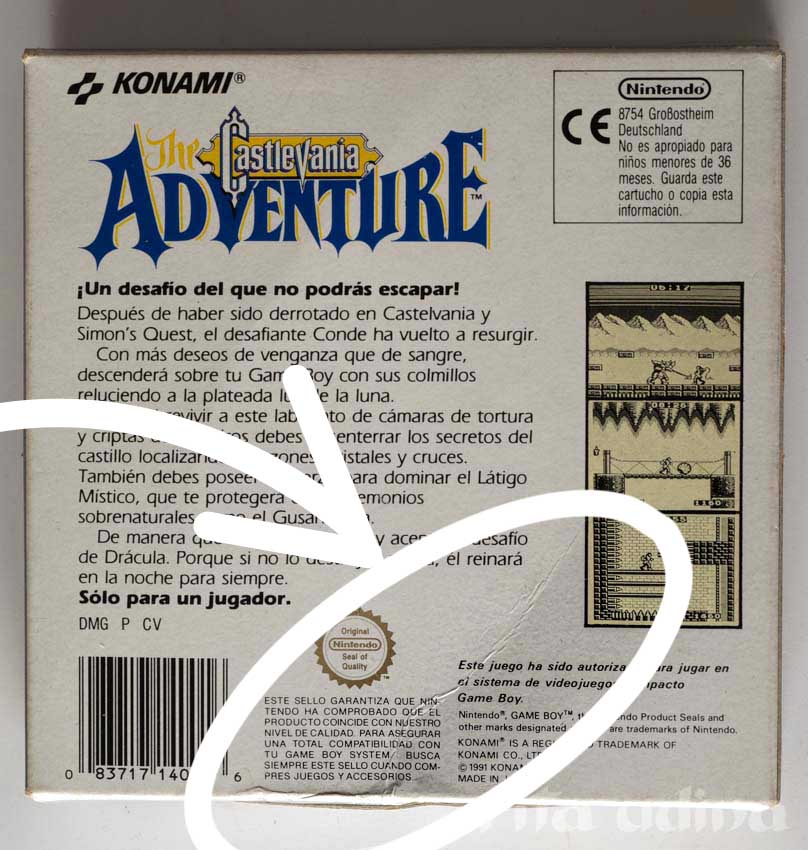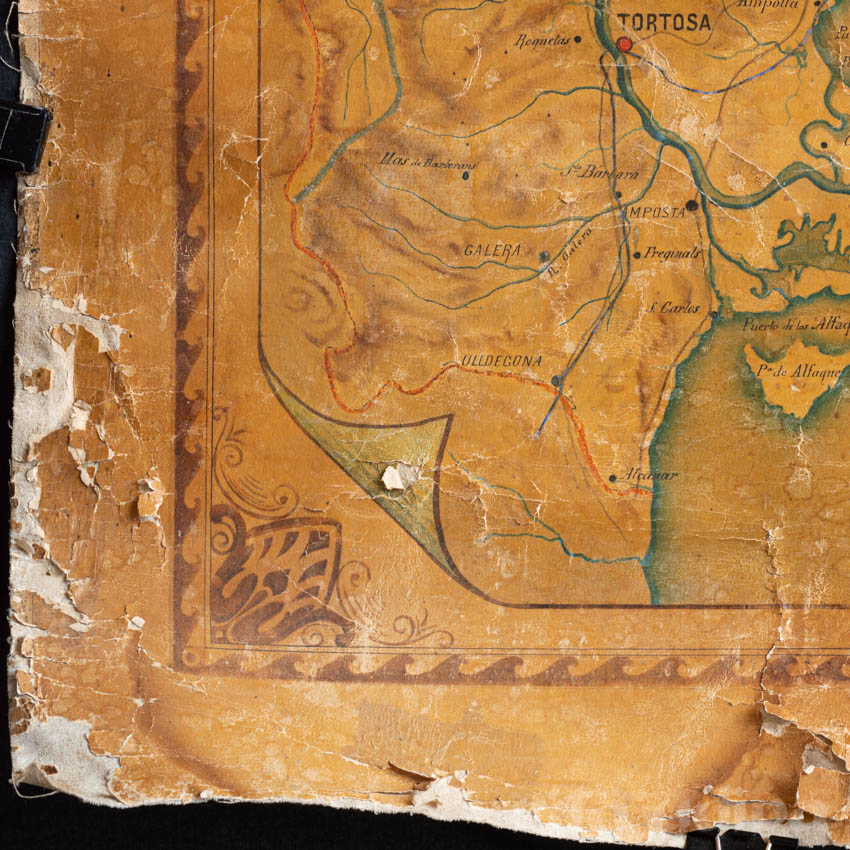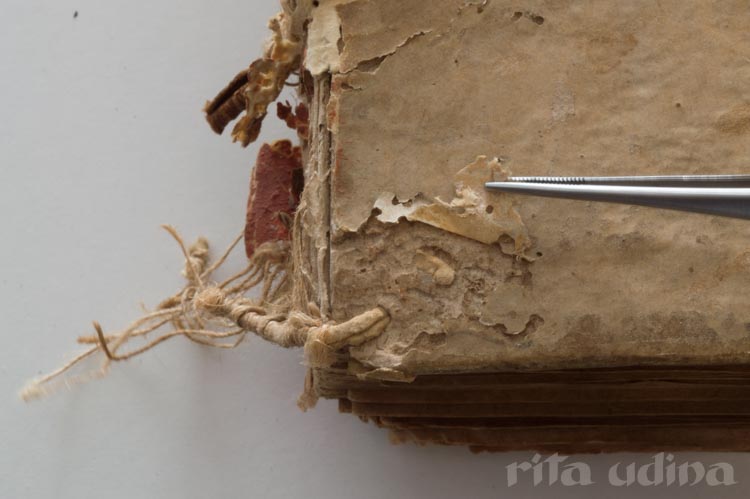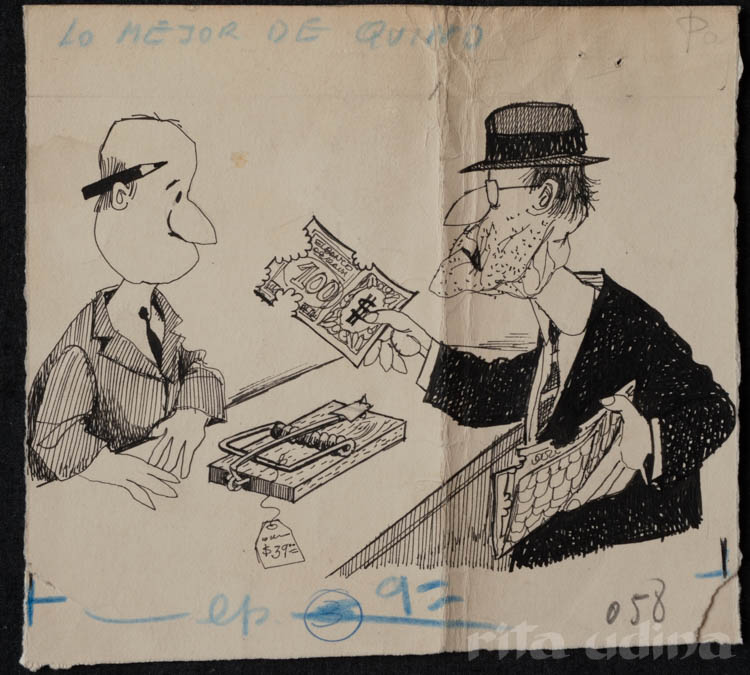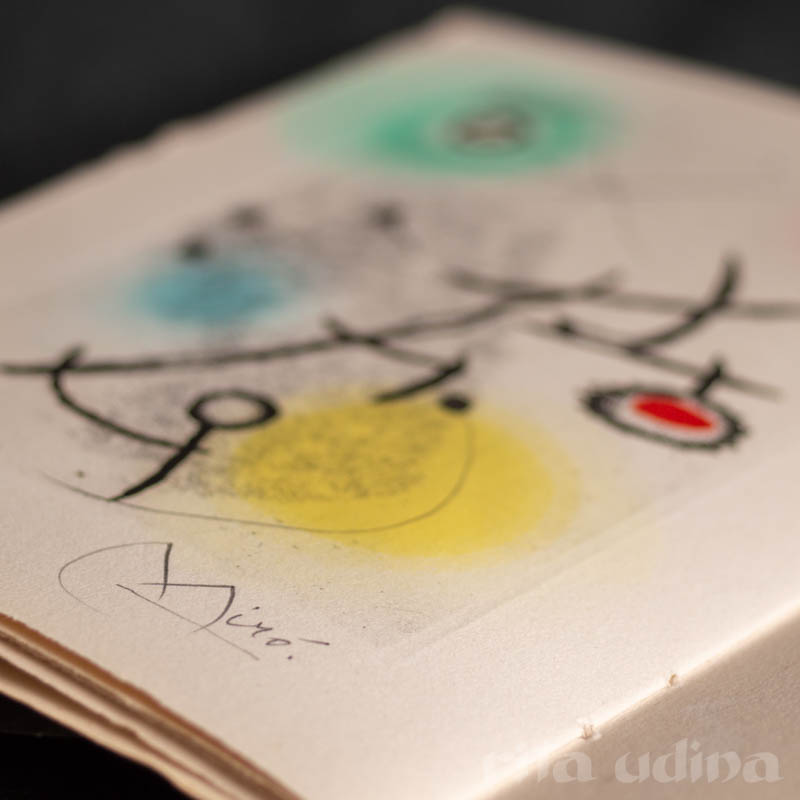Portfolio
Find below the portfolio projects related to Portfolio:
Workshop: Match your Infill (The Hague, 2024)
Techniques, materials and products to infill and in-paint. Mould casting of textures (either acrylic or cellulose powdered based), matching colour with paper pulp, dyes and colorants, colour, digital retouch, tips and tricks for retouching.
Course: Match your infill (London, 2024)
Techniques, materials and products to infill and in-paint. Mould casting of textures (either acrylic or cellulose powdered based), matching colour with paper pulp, dyes and colorants, colour, digital retouch, tips and tricks for retouching.
Course: Match your infill (Tartu, 2024)
Techniques, materials and products to infill and in-paint. Mould casting of textures (either acrylic or cellulose powdered based), matching colour with paper pulp, dyes and colorants, colour, digital retouch, tips and tricks for retouching.
Map by Blaeu cartographers
Conservation of 17th c. map by Blaeu dutch cartographers, 1630 Hand coloured print with gouach and golden paint. It had kraft paper patches and discolouration caused mainly by light exposure. The conservation treatment consisted on dry cleaning, old repairs removal, wet cleaning (slanted capillary wash) and flattening.
Session: Use of paper pulp on paper conservation (Amsterdam, 2024)
Questions and answers session about the use of paper pulp in paper conservation. Dry application, wer, on suction table, manual and leaf-casting machine. Discussion of types and qualities, and how to adjust the colour.
Woodblock print by Albrecht Dürer
Woodblock print "The holy trinity", by Dürer, 1511. Removal of recent patches, wet cleaning, chemical treatment, deacidification, tear mending and losses infilling.
Course: Match your infill (Mohammed Bin Rashid Al Maktoum Foundation, 2023)
Techniques, materials and products to infill and in-paint. Techniques, materials and products to infill an in-paint. Use of micro-powdered cellulose in paper conservation, mould casting of textures (either acrylic or cellulose powdered based), matching colour with paper pulp, dyes and colorants, digital retouch, colour, tips and tricks for retouching.
Peasant Syndicate Book
Not all artefacts can be loaned for exhibition, either because they are very damaged or very valuable. The facsimile is a very good alternative in these cases. Reproduction of the limp parchment binding with long-stitch sewing and the laid paper textblock.
Course: Match your infill (Prague, 2023)
Techniques, materials and products to infill and in-paint. Techniques, materials and products to infill an in-paint. Use of micro-powdered cellulose in paper conservation, mould casting of textures (either acrylic or cellulose powdered based), matching colour with paper pulp, dyes and colorants, digital retouch, colour, tips and tricks for retouching.
Course: Match your Infill (Art Institute of Chicago, 2023)
Techniques, materials and products to infill and in-paint. Techniques, materials and products to infill an in-paint. Use of micro-powdered cellulose in paper conservation, mould casting of textures (either acrylic or cellulose powdered based), matching colour with paper pulp, dyes and colorants, digital retouch, colour, tips and tricks for retouching.
Course: Match your infill (València, 2023)
Techniques, materials and products to infill and in-paint. Techniques, materials and products to infill an in-paint. Use of micro-powdered cellulose in paper conservation, mould casting of textures (either acrylic or cellulose powdered based), matching colour with paper pulp, dyes and colorants, digital retouch, colour, tips and tricks for retouching.
Course: Match your infill (Leiden, 2023)
Techniques, materials and products to infill and in-paint. Mould casting of textures (either acrylic or cellulose powdered based), matching colour with paper pulp, dyes and colorants, colour, digital retouch, tips and tricks for retouching.
Conservation of plan on natural tracing paper
We are quite proud of this treatment since tracing paper is most rebel: folds and tears are most visible because of their lack of translucency. We've taken the before and after images on a black background so that you can judge the results.
Course: Identificaction, conservation and preservation of photographs (Oslo, 2022)
Workshop with theoretic and practical sessions. Organization: National Museum (Oslo, Norway). Language: English. Dates: December 6-7th, 2022. Audience: Professional paper and photographs conservators.
Conservation of Game-Boy box
Original box for Game-Boy by Nintendo with wrinkles, tears, and pressure-sensitive label. Minimize as much as possible the damages and remove the price label.
Course: Inpainting and Loss Compensation on Paper Conservation (Oslo, 2022)
Techniques, materials and products to infill and in-paint. Use of micro-powdered cellulose in paper conservation, mould casting of textures, matching colour with paper pulp, dyes and colorants, colour, light, tools, criteria, un-restoration, digital retouch, tips and tricks for retouching.
Conservation of varnished map
Conservation of an oversized map, varnished and with a linen backing, dated 1906. Varnish removal with gels, backing removal, capillary washing, tear mending, infilling, lining, flattening, retouch, varnishing and finishing (tapes and slats on edges).
Conservation of rennaisance astronomy book. A stiff board parchment binding with slotted spine
Conservation of rennaisance astronomy book. Conservation of stiff-board reverse parchment binding with slotted spine. Clavius was a reputated astronomer, contemporary to Galileo Galilei.
Conservation of cartoon drawing by Quino
Conservation and flattening of a cartoon drawing by Quino using the same paper for the infill of the loss.
Case for artist book
Owner: Private collection Artefact: [...]
Clients
Filter project by:
ARTEFACT
artwork on paper
drawings
maps, plans (architectural drawings)
posters
board or paper artefacts
books
albums
bindings conservation
codexs
fragmentology (membra disjecta)
recycled binding
incunabula
limp parchment binding
paperback books
sewn unsupported with drawn-on covers
stationery bindings
documents
holdings (archive/library)
oversized
photographs
albumens
daguerreotypes
silver-gelatin
glass-plates
silver-gelatine paper photographs
MATERIALS
TECHNIQUE
ball-point pen
charcoal, pastel
cyclostiled
felt-tip pen
gouache
graphite, pencil
manuscripts
prints
engraving
lithograph
watercolor
woodcut
TRAINING/RESEARCH
courses
book conservation
housing, mounting and framing paper artworks
introduction to paper conservation
Matching infills & retouching
photograph conservation
tailored conservation course
wet treatments
exhibitions
lectures
teaching materials
translation
TREATMENT



